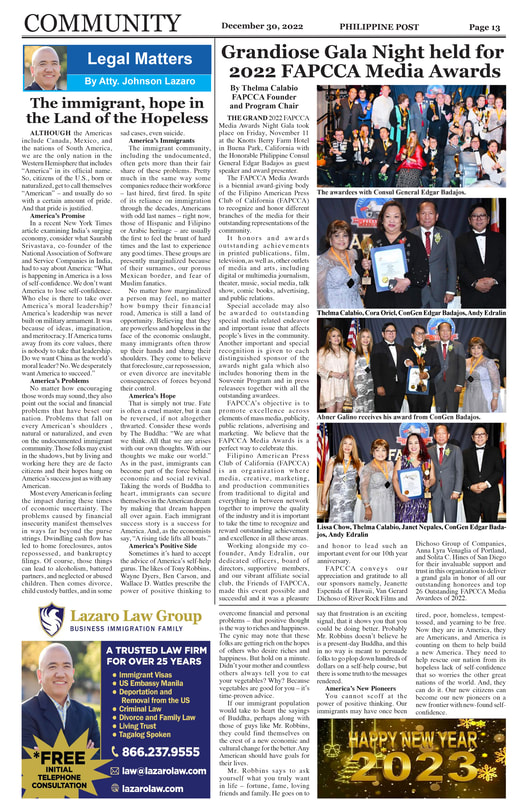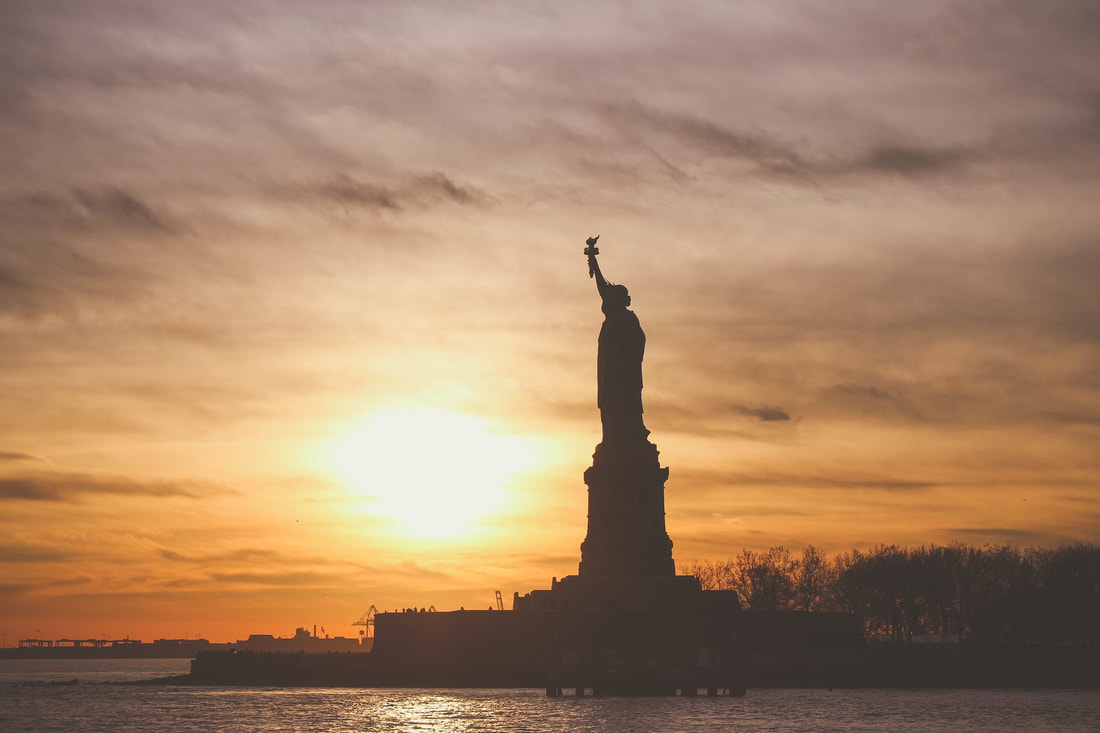LAW AND SOCIETY
In this section we write about law as a social institution and as a feature of
popular culture. We explore how law affects our lives and those around us.
popular culture. We explore how law affects our lives and those around us.







 RSS Feed
RSS Feed